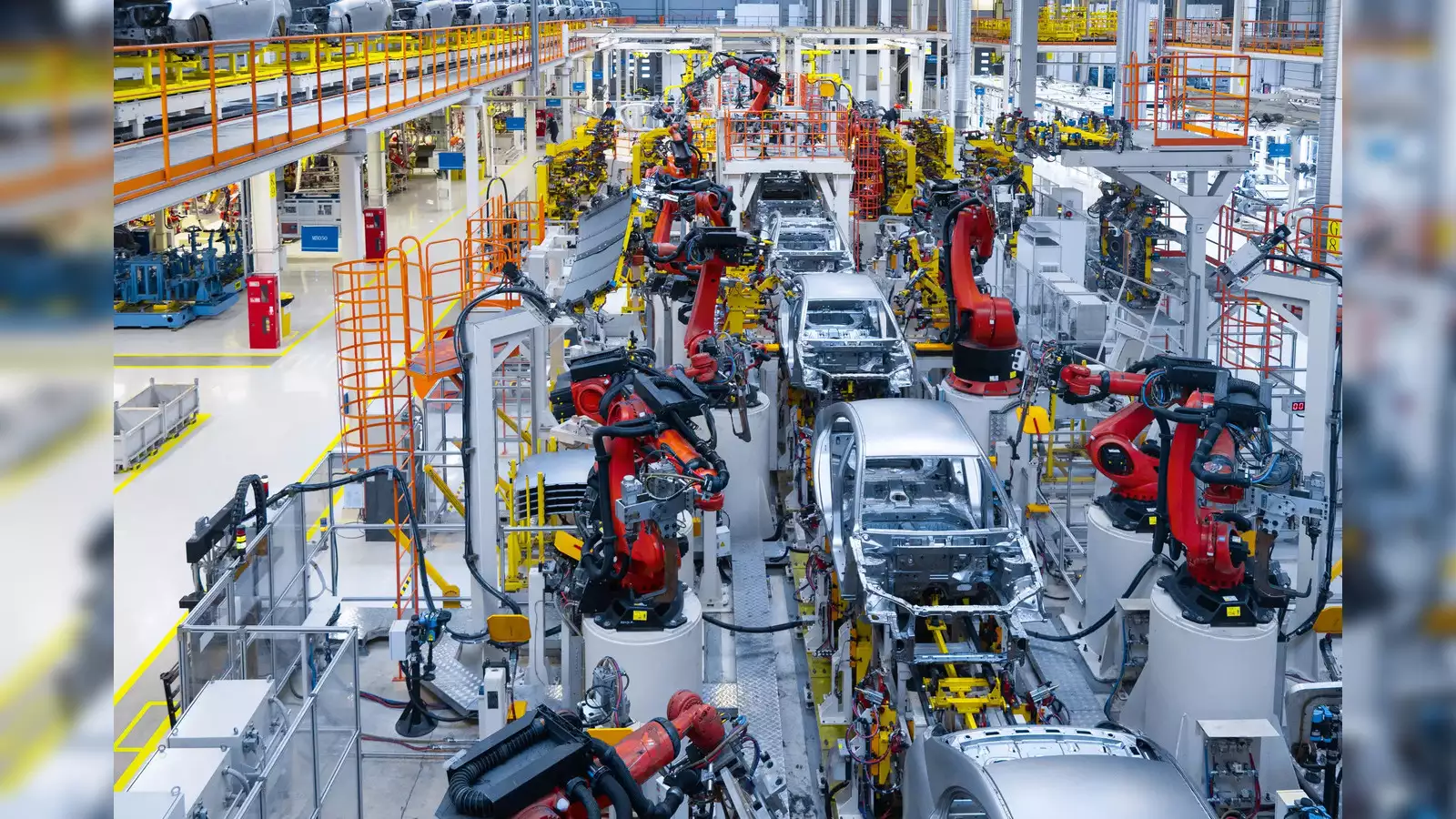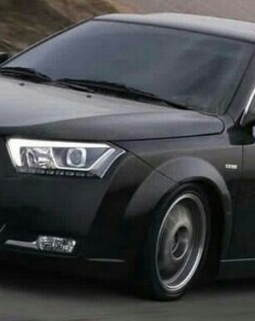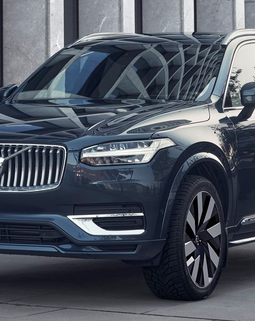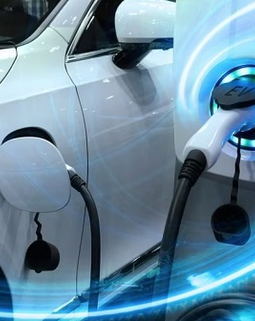The automotive market in Senegal has been experiencing a dynamic shift, influenced by a combination of economic challenges, changing consumer preferences, and evolving regulatory landscapes. Despite facing setbacks, the industry continues to adapt, with potential for growth in the coming years.
Current Market Trends
Senegal's automotive market has traditionally relied on imports, with a significant portion of vehicles coming from Europe, Asia, and more recently, North America. The diversity in vehicle origins has provided Senegalese consumers with a wide range of options, from affordable used cars to more durable new vehicles. However, recent years have seen a decline in vehicle sales, attributed to various economic and market factors.
The growing presence of North American cars in Senegal is a notable trend, driven by the affordability and reliability of these vehicles. Brands like Ford and Chevrolet have gained popularity, especially in urban areas where personal transportation is increasingly necessary. The expansion of dealership networks has made these vehicles more accessible, contributing to a shift in consumer preferences.
Economic Challenges Impacting the Market
The automotive industry in Senegal has not been immune to the broader economic challenges facing the country. Inflation, currency devaluation, and changes in import duties have all contributed to a contraction in the market. The 5.8% decline in car sales reported in 2023 reflects these pressures, as consumers grapple with higher costs of living and reduced purchasing power.
Additionally, the global economic slowdown has had a ripple effect on Senegal, affecting both consumer confidence and spending. The automotive market, which relies heavily on imports, has been particularly vulnerable to fluctuations in exchange rates and international trade policies. As a result, the cost of vehicles has risen, making car ownership less accessible to a significant portion of the population.
Regulatory and Policy Changes
Regulatory changes have also played a significant role in shaping the automotive market in Senegal. The government's efforts to regulate vehicle imports, including restrictions on the age of used cars, have impacted the availability and pricing of vehicles in the market. While these regulations are aimed at improving road safety and reducing environmental impact, they have also added to the challenges faced by consumers and dealers alike.
Despite these challenges, there are ongoing discussions about further reforms that could potentially ease some of the burdens on the automotive market. For instance, incentives for the importation of more fuel-efficient vehicles or electric cars could help revitalize the industry while also contributing to Senegal's environmental goals.
Future Growth Opportunities
Looking ahead, there are several opportunities that could drive growth in Senegal's automotive market. The increasing urbanization and economic development in the country are likely to boost demand for personal vehicles, especially in major cities like Dakar. Moreover, the expansion of infrastructure projects, including road networks, could further support the automotive industry by improving access and connectivity.
Another potential growth area is the introduction of electric vehicles (EVs) into the market. With global trends moving towards greener and more sustainable transportation options, Senegal could benefit from adopting similar strategies. Government incentives, coupled with international partnerships, could pave the way for a new era in the Senegalese automotive market.
Conclusion
Senegal's automotive market is at a crossroads, facing both significant challenges and exciting opportunities. While economic pressures and regulatory changes have contributed to a decline in sales, there is still potential for growth, particularly through urbanization, infrastructure development, and the adoption of electric vehicles. As the market continues to evolve, stakeholders must navigate these challenges strategically to unlock the full potential of Senegal’s automotive industry.





